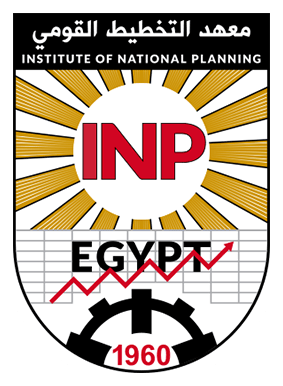Description
Institute of National Planning (INP) has been established in 1960 as an independent public institution conducting scientific activity that covers all fields and issues of planning and development. Institutional structure of INP has been developed so as to enhance its role as a center for scientific thinking (Think Tank) by the Law No. 13 of 2015. INP is also concerned with conducting research and studies, presenting consultations, building capacities and servicing community through training programs, and granting scientific degrees (Diploma, M. Ph., and Ph.D.) individually or in collaboration with national and foreign universities and research centers. The Program of Academic Master in Planning and Development is accredited by the Supreme Council of Egyptian Universities, that is equivalent to the Master Degree granted by the Egyptian universities that are subject to the university law No. 49 of 1972 and its implementing regulations, of Faculty of Economics and Political Sciences in equivalent specializations. The programs aims to prepare highly qualified staff members in the field of planning and development who are qualified enough to deal with national and international variables in their governmental and private organizations aiming to develop and increase their efficiency by creating a new modern educational and training environment that is able to mix up knowledge, scientific experience and practical work; and that provides the elements of creation and future vision that can achieve uniqueness.

